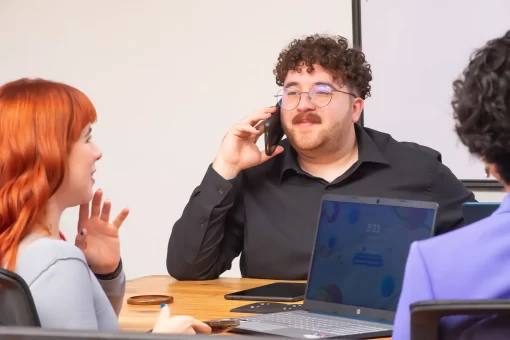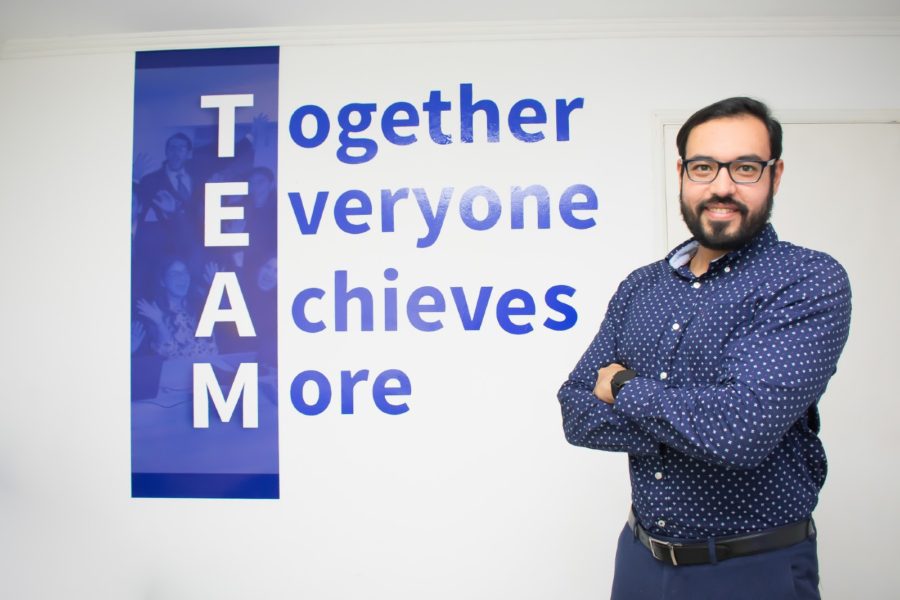Nowadays the world seems to be going faster, companies grow at an impressive rate, most people know a second language, and some have more than one major or degree; but still, human connection, interpersonal skills, and communication are the keys to success.
Employees and clients — everyone commits and relies on a company that knows how to treat them like people, with kindness and assertiveness.
So, let’s start with a recap… you may know some soft skills, and you might even have some of them listed on your resume, but are you aware of what they are? If not, no problem, here’s a definition I have put together from some research and life experience:

Soft skills are like personal traits, they form part of you as a person, these are non-technical skills, and they are not necessarily acquired in a course or class.
They represent a range of different abilities and attributes that shape the way you interact with others, solve problems, manage your work, communicate, and build relationships. As you can see, they are simple and complex at the same time, but surely, very necessary.
Even though these are not abilities they explicitly teach you about, like all skills, they can be developed, and if you are not so sure, here are some reasons why…
Why you should train these skills
In a sea of very smart and trained managers, the one that will excel is the one with better soft skills. Emotional intelligence, critical thinking, leadership, and more are the keys to career success. And this applies to every area of expertise.
Now let’s talk about some numbers… some research shows that employees with soft skills training are 12% more productive than those without them.
Not only did they enhance performance, but also a 2018 survey by LinkedIn found that 57% of senior leaders thought that soft skills were even more important than hard skills.
This is impressive considering how undervalued this could be sometimes, regularly, you don’t see soft skill programs, even though they would make a huge difference.
We made an article on how to evaluate candidates’ soft skills, and since we know some people tend to exaggerate a little on how good their soft skills are; why not help them into actually becoming the assertive leader they claim to be, and who you also need them to be. It seems like a win-win deal…
How to train them
1. Promote the mindset

To be able to teach something to someone, they must be willing to learn; if your company encourages a growth mindset, this should be easy.
As a team, you can promote the importance of self-awareness to be able to check up on your work and also your T.E.A., as well as how vital is to be constantly learning and improving ourselves, so when the time for a learning opportunity comes, everybody will be open to the experience.
In our Freelancer of the Month ceremony, we select a freelancer that embodies the selected value, and since these tend to also be soft skills like assertiveness, by congratulating and recognizing one of our freelancers for having this quality, we are also giving the message that those skills are important and should be acknowledged. In a way, by doing this, we are reinforcing the skills of all the company.
2. Build the learning space
Here at Freelance Latin America, we do so by gathering with our freelancers once a month at a workshop where we pick one of our core values or even a soft skill and we use it as a space of growth by training our team on this skill.
We interact with them to see their points of view and their thoughts on how they could apply the selected skill to their job. This is also a great way for us to check up on our freelancers and let the feedback flow both ways. The goal is to make room for some type of learning experience that will promote self-reflection and development.

3. Give room to practice
It might not be the most effective strategy to teach your team about cooperation and then isolate their tasks in a way they won’t have to cooperate. So, it is important to ask your team leaders and managers to give and create opportunities for their teams to act on these soft skills.
4. Provide regular feedback
Soft skills are within the person, although their impact transcends them, and has an effect on their relationships and work environment. Since these require inner change, it will probably be a long process. Try to orient and guide your team throughout the path; tell them kindly how they have progressed and which area needs to be worked on now.
Like most things in life, this long and sometimes hard process of improving ourselves brings the sweetest results when the change starts to happen. Investing in training your team is investing in a better quality of work and performance.
See more articles by Laura Navarro.





